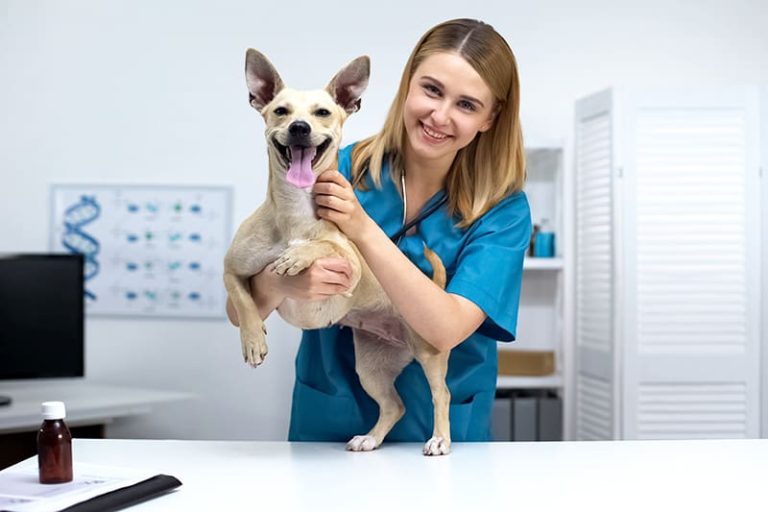Going to the vet can feel stressful. Pets sense your worry, and it makes them anxious too. At Maple Valley Veterinary, we understand this. When you know what happens in a routine checkup, both you and your pet can relax. Expect a warm welcome from the staff. They’ll ask about your pet’s health history and any concerns you might have. During the physical exam, the vet checks the weight, coat, and overall appearance. They look into the eyes, ears, and mouth. Listening to the heart and lungs helps spot issues early. Simple tests, like blood samples or vaccinations, may be needed. You can ask any questions during this time. It’s a partnership. Staying informed keeps your pet healthy. Remember, these visits are about prevention, not just cure. Your pet deserves the best care, and knowing what happens during these visits makes a big difference in their well-being.
Initial Assessment
The first part of the checkup involves gathering information. This includes your pet’s age, diet, lifestyle, and any recent changes in behavior. Vets use this information to create a health profile, which helps in detecting patterns or potential issues. It’s crucial to share any observations about unusual behaviors or symptoms. This communication helps in pinpointing any early signs of health conditions.
Physical Examination
The physical exam is thorough. The vet will examine your pet’s body from nose to tail. They will check the skin and coat for any signs of parasites, dryness, or lumps. Eyes, ears, and mouth are inspected for discharge or unusual odors that could indicate infection. The vet will feel your pet’s abdomen to assess internal organs.
Next comes listening to the heart and lungs. Anomalies in heartbeat or breathing patterns can signal more serious health issues. Catching these early can lead to better management and treatment.
Vaccinations and Preventive Care
Vaccinations are part of most routine checkups. These protect against common diseases and are especially crucial for young or elderly pets. The vet will discuss your pet’s vaccination schedule and may suggest booster shots. Regular vaccinations are key in preventing outbreaks of diseases that can spread to other animals and people.
Diagnostic Tests
Depending on your pet’s age or condition, the vet might recommend some basic tests. Blood tests can reveal underlying health issues such as kidney or liver problems. Urinalysis checks for urinary tract infections or diabetes. Fecal tests screen for intestinal parasites. These tests provide valuable insights into your pet’s overall health.
| Test Type | Purpose |
| Blood Test | Check organ function |
| Urinalysis | Detect infections or diabetes |
| Fecal Test | Identify intestinal parasites |
Nutritional and Lifestyle Advice
The vet will offer advice on your pet’s diet and exercise. Proper nutrition is vital for maintaining a healthy weight and preventing diseases. They may suggest specific diets based on your pet’s age, breed, and health status. Discuss any concerns you have about feeding habits or activity levels. This advice is tailored to ensure your pet’s long-term well-being.
Dental Health Check
Oral health is a significant part of overall health. The vet will check your pet’s teeth and gums for signs of decay or disease. Good dental hygiene prevents painful conditions and can extend your pet’s life. You might receive tips on brushing techniques or special dental diets.
Behavioral Evaluation
Routine visits also include observing your pet’s behavior. The vet can help identify any behavioral issues early. They may offer solutions for common problems like anxiety, aggression, or excessive barking. Behavioral health is as important as physical health in ensuring a balanced life for your pet.
Follow-Up and Record Keeping
After the checkup, you’ll receive a summary of the visit. This includes any treatments given, test results, and recommendations. Keeping these records helps track your pet’s health over time. Schedule the next visit before leaving. Routine care is more effective after treatment. For more information on veterinary care, visit American Veterinary Medical Association.
Routine checkups are essential in keeping your pet healthy and happy. Understanding what to expect helps reduce stress. Remember that you and your vet work together to provide the best care possible. These visits are more than just medical care. They demonstrate your love and commitment to your pet’s health.

